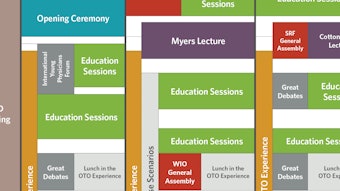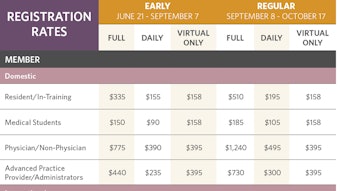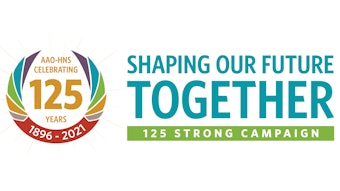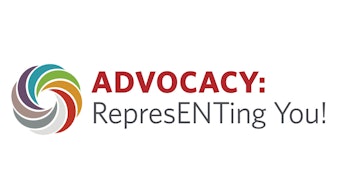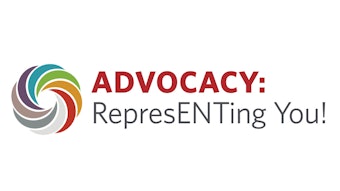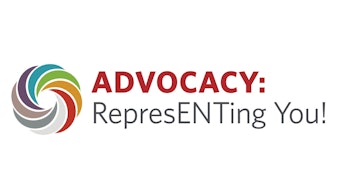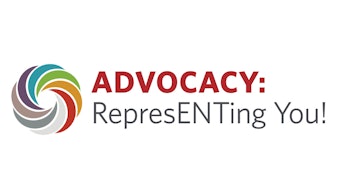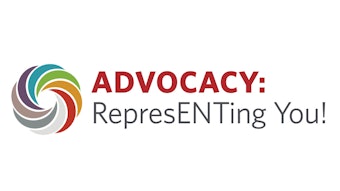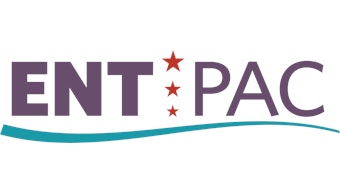Pearls from your Peers: Improving Efficiency in Otolaryngology Practice
This month’s Pearls from Your Peers is from the Practice Management Education Committee.
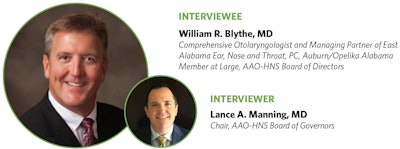
In your practice, you all have multiple mid-level providers. What do you feel is the best use of mid-level providers to augment and improve otolaryngology care?
Our practice is divided into three teams, each with a physician, an advanced practice provider (APP), and two medical assistants (MAs). The three teams function independently for the most part, and each team utilizes their APP in a slightly different way. Our APPs receive a competitive base salary and production-based bonus, which incentivizes them to be busy. The APP is in the office when the surgeon is in the operating room, so someone is always available to see patients. One APP has a separate schedule from their supervising doctor, and other physicians utilize a "team" with their APP on a single combined schedule. There is no single right way to do it, but you have to fine-tune the schedules to find the most efficient system. My APP also allowed me to move from seeing 100 patients/week (2.5 days) to seeing 200 patients/week as a team (she sees 20+ patients, five days/week.). That has not only improved our availability for our patients but has reduced wait times, improved patient satisfaction, and increased surgeries. My APP is also my patient coordinator for our cochlear implant and Inspire programs, making her and the patients happy.
What do you feel is the best use of clinical and clerical staff in the office setting to allow them to perform their best?
Personnel management is a constant effort to find just the right balance of just enough of the right people who can work efficiently while taking good care of patients. The most important thing is to hire the right personnel so that they are always functioning at the highest level of their education and training. If you "over hire" and have employees working at the lower end of their capability, you are wasting both talent and money. Front desk staff and clerical staff must be computer literate and efficient with email and technology, but otherwise do not require higher degrees. We do not employ any registered nurses for our practice, although we have two ACLS-certified nurse practitioners on staff and in the office at all times. We predominantly use MAs for most clinical work. Each of our teams has one MA responsible for directing the patient flow. Ultimately much of the efficiency boils down to how well that MA is coordinating patient flow. The nice thing about having independent teams is that the whole team stays until the last patient is seen. That motivates everyone on the team to keep track of where patients are in the office process and to be efficient. Also, the office manager needs to be a highly trained and well-compensated person who can shoulder the load of human resources and office policies day-to-day without burdening the physicians with those issues.
What are some practical tips for improving reimbursement efficiency and productivity?
Some pretty simple rules should be followed by any practice that wants to maximize their reimbursement efficiency:
1) All providers and revenue cycle staff should be well-educated on coding requirements and modifiers for each insurance carrier. This may seem like an impossible task, but it is essential to make sure that you are correctly paid for the work performed.
2) Surgeons should always code their surgical cases. If you go to a coding and reimbursement course, this is the very first thing they recommend. If you resort to a staff member reading operating procedure notes and coding correctly, you will lose substantial money. “Coders” almost always err on the side of under-coding.
3) Someone should review every bill prior to submission. The most skilled and knowledgeable insurance person who knows each carrier's nuances needs to review each claim before submission. Always submit “clean” claims as you are much more likely to get paid correctly and promptly with clean first claims.
4) Someone should review every explanation of benefits that is returned to the practice, line by line. There should be no exception to this rule.
5) Everyone should try to keep up to date on insurance rules as much as possible, including criteria for coverage and global periods.
6) An experienced, knowledgeable insurance manager is worth whatever you pay them and is essential to lead the revenue cycle management team.
